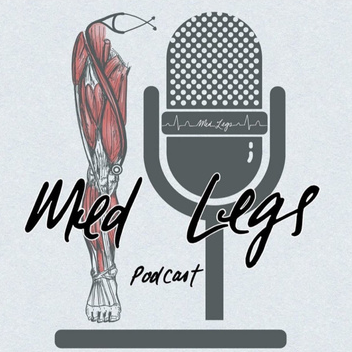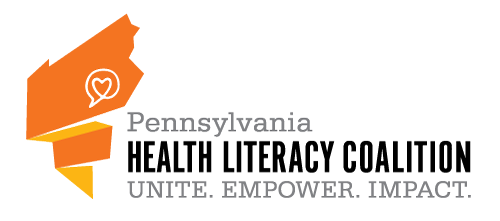
First-generation, low-income (FGLI) students are underrepresented in medicine across all institutions. It can be very difficult for FGLI students to find resources, navigate the medical school application process, and feel supported as they complete their medical training. What can make the experience of being an FGLI individual even more challenging is that their stories and experiences are not often included in the narrative of medical training and practice. Med Legs: Finding Your Footing As a First Generation and/or Low Income Student in Medicine is a podcast with a core mission to increase awareness of the narratives of FGLI medical students and to build a community of support for FGLI individuals. Med Legs also serves as an accessible free resource that allows students to hear from guests and the hosts on a number of FGLI related topics and provide a forum for these narratives. The podcast is hosted by three second year medical school students at the University of Pennsylvania’s Perelman School of Medicine: Michaela Hitchner, Anita Persaud, and Cecilia Zhou.
Michaela served as a health care data navigation intern for the Pennsylvania Health Literacy Coalition’s Immigrant Health Literacy Initiative (IHLI) in 2020. IHLI is a collaborative of community-based organizations (CBOs) serving primarily immigrant, refugee and limited English proficient (LEP) populations and local health systems focused on addressing the needs of immigrant, refugee and LEP individuals in Southeastern and Southwestern Pennsylvania. Michaela worked closely with Global Wordsmiths, a social enterprise organization providing translation services in the greater Pittsburgh area to conduct a needs assessment and evaluate how Global Wordsmiths can best support its medical interpreters.
The Med Legs podcast covers topics like FGLI success stories, advice and tips related to applying to medical school, overcoming the unique challenges that come with being FGLI, resources for prospective and current students and more. You can learn more about Michaela, Anitra and Cecilia’s journey through the medical school application process and their current experiences as FGLI students in episode 4, Co-Host Convos: When We Applied to Medical School. The podcast also features physicians with FGLI backgrounds who share their experiences and provide guidance to those who are looking to start a career in medicine or are currently finding their way in the field.
In their most recent episode, FGLI Man in a White Coat, the Med Legs team interviewed New York Times Bestseller Dr. Damon Tweedy, associate professor at the Duke University School of Medicine and author of Black Man in a White Coat about his experience as an FGLI individual going into medicine. Their next episode is titled, A Lemonade Squeezer, A Zumba Instructor, and an Air Condition Installer Walk into Medical School. In this episode the hosts will discuss financial status and their previous jobs throughout high school, college, and medical school.
It is critical that we in the health care and public health fields encourage representation of incoming medical providers who come from diverse backgrounds, and who understand the importance of health literacy and health equity. With greater representation in these fields and continued advocacy for clear, accessible, and actionable health education/communications we can continue to create a culture of health literacy across the state.
If you would like to contact the Med Legs podcast team to learn more about their upcoming shows or FGLI related topics, you can reach them via Instagram @_medlegs or Twitter @_medlegs.
If you or someone you know is interested in applying to medical school, consider reviewing the Under-represented, Low Income and First-Time student (UpLIFT) Project’s UpLIFT Guide to Medical School Admission. This organization’s mission is to create a more equitable medical workforce and was also co-founded by Michaela Hitchner. Another valuable resource you can share is the Association of American Medical Colleges’ (AAMC) Tools and Resources for First-Generation Medical School Students.
